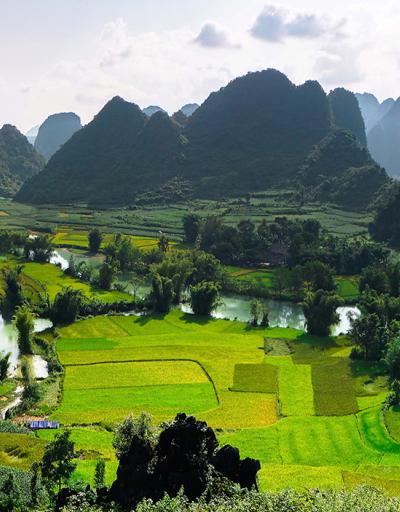
The Mesozoic Paleogene Hypertermal Events
The Intergovernmental Panel on Climate Change predicts that human-induced warming by 2100 is likely to exceed 2°C. How the Earth will respond to this warming is uncertain because our understanding of the climate system is incomplete. Models have been used extensively to predict future environmental change, but we urgently need alternative tools to better understand the dynamic climate system.
Extreme global warming events, known as hyperthermals, provide potential analogues for modern warming. These events offer the potential to better understand the forcing(s), responses and feedbacks of the Earth’s climate system. However, the mechanisms that drive these hyperthermals are heavily debated and not fully understood. Studying hyperthermals can test the limits and ground-truth the best available climate models, and thus test how the future climate system will behave in response to continuing CO2 emissions.
This project will address these issues by investigating major hyperthermals and the associated environmental and biological responses of the last 300 million years; events that were associated with rapid global warming, extinction, and extreme changes in global weathering. The key time intervals proposed here include: the Permian-Triassic boundary mass extinction event (PTB; ca. 252 Ma), the Carnian Pluvial Event (CPE, ca. 230 Ma), the Triassic-Jurassic boundary mass extinction event (ca. 201 Ma), the early Toarcian oceanic anoxic event (TOAE; ca. 182 Ma), the Cretaceous Ocean Anoxic Events (OAEs; ca. 120 Ma and 93 Ma), the Paleocene-Eocene Thermal Maximum (PETM; ca. 56 Ma) and the Early Eocene Climatic Optimum (ca. 51 to 53 Ma).
Research goals:
To engage researchers in developing stable carbon isotope records on astronomically tuned age models for the proposed events
To constrain the magnitude and rate of eustatic sea-level change during hyperthermal events
To study how biologic and ecologic systems, and ocean geochemistry change across these major hyperthermals
Key information
Project Leader
Sultan Qaboos University, Oman.

